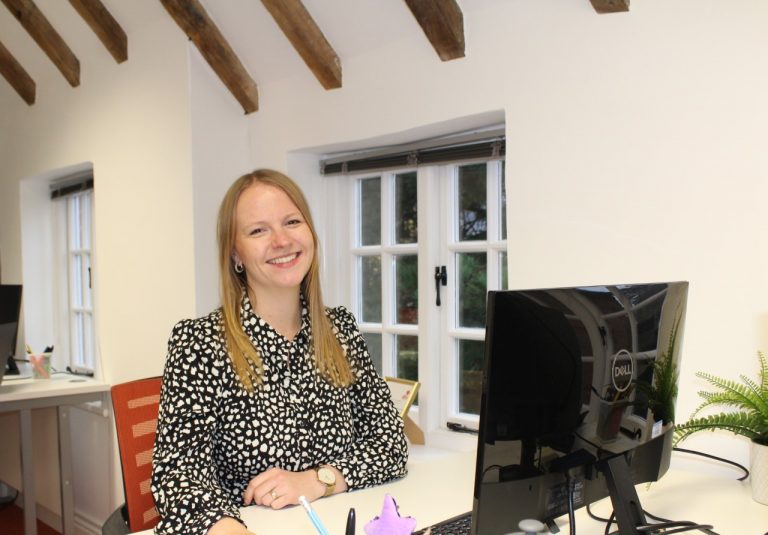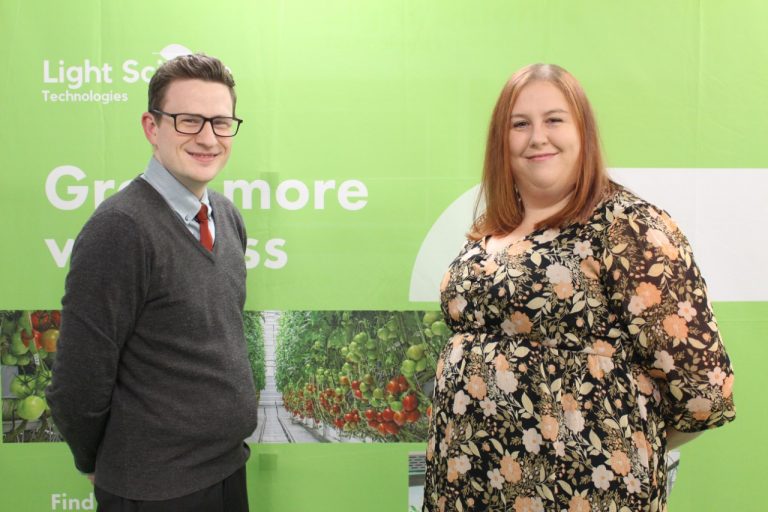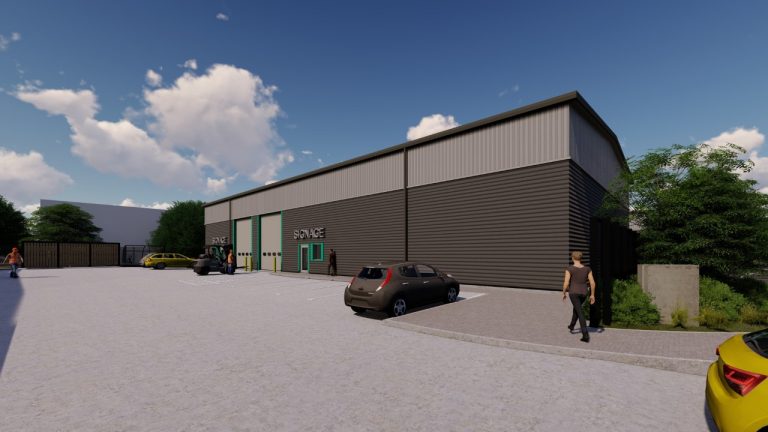Rob Parker, Chief Executive, said: “We are pleased to have delivered a year of strong strategic progress, with record sales for a second year running and excellent delivery against our ‘1 in 5 by 2025’ market share goal. We are continuing to develop and diversify the group and further strengthening our position as the UK’s leading tile specialist.
“Within our Topps Tiles brand, where the majority of sales are being made to professional tradespeople, our focus on fewer more profitable stores and category extensions has driven sales per store up 25% since 2019. Parkside, our commercial brand, has delivered a record year of sales and now moved into profit. Pro Tiler Tools and Tile Warehouse have added a new, high growth, online-only sales channel to the group, leveraging our core strengths in product, service and scale.
“Looking forwards, we are mindful of the macroeconomic headwinds which will impact both UK consumers and businesses in the year ahead. Against this backdrop, our trading performance in the early weeks of the new financial year has been robust, with like-for-like sales growth in Topps Tiles over the first eight weeks of 3.4%.
“Our market share growth during 2022, combined with our clear strategy and strong balance sheet, give us confidence that we will continue to deliver growth and create value over the medium term.”












